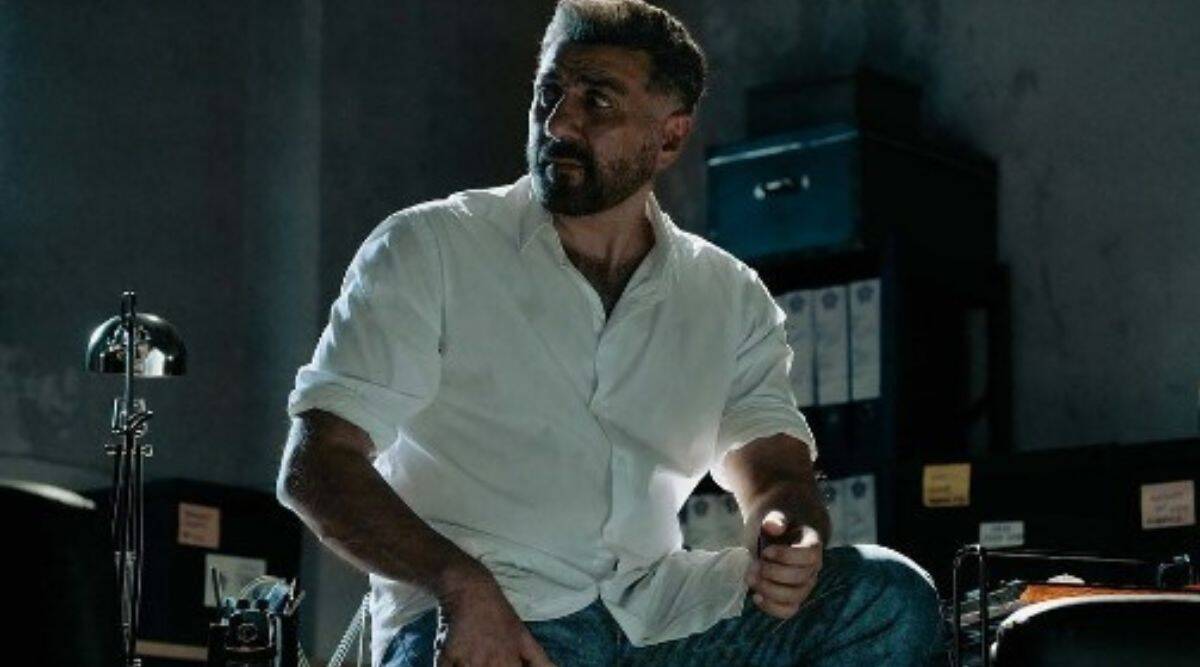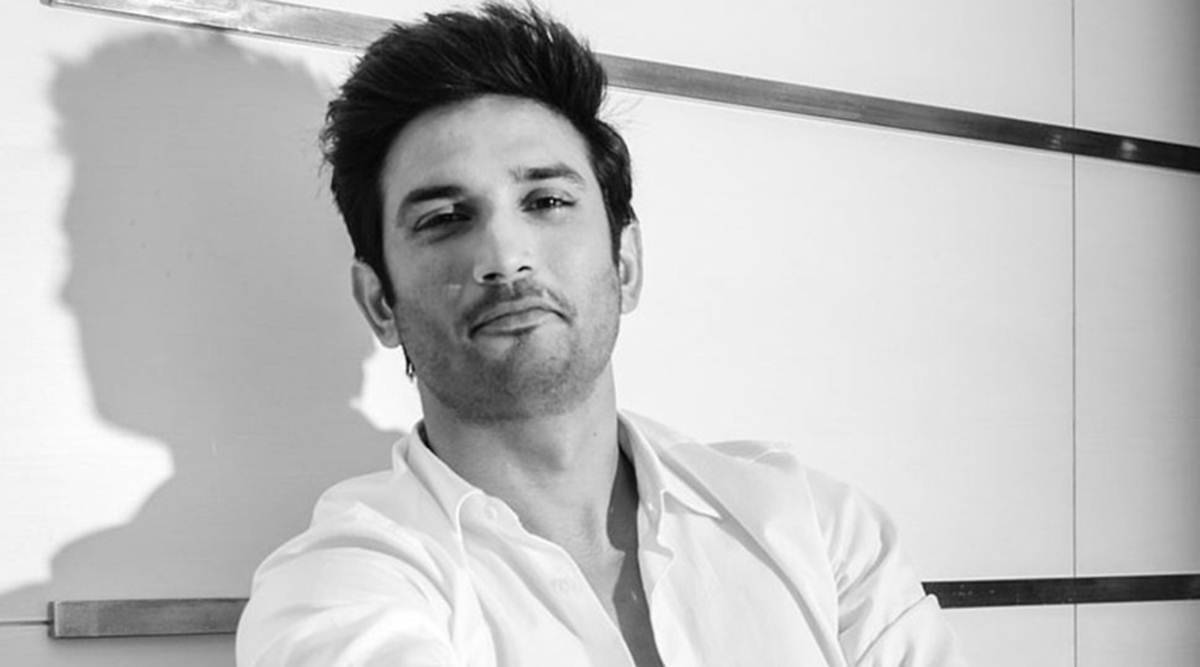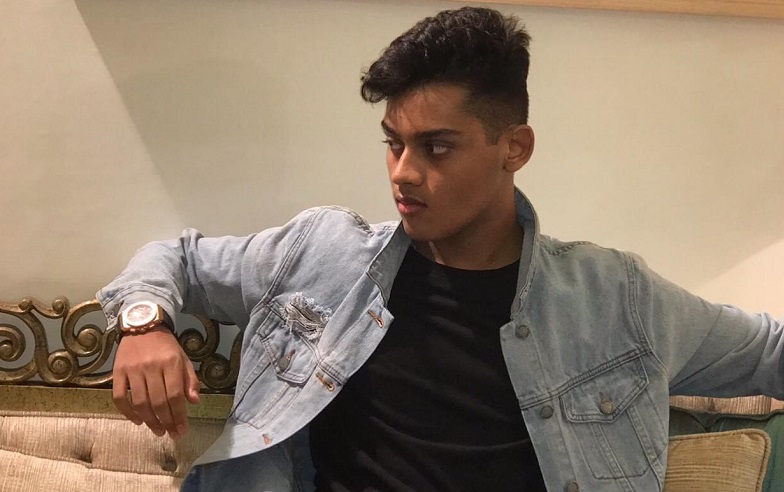
tarunnoloak entertainment desk-The Girls have grown up. The show’s creator Lena Dunham is now in her 30s and the sixth season of her caustic, Brooklyn-based comedy will be the last. It starts this weekend on US TV, and from the trailer it appears there’s as much hook-up angst, mad dancing, and messed-up – but deep-running – friendship as ever.
Despite being much hyped since its debut in 2012, Girls has lost its way at times: too implausible, too sociopathic, or just too damn sad, as characters dived deeper into their neuroses, rather than changing and growing. It’s sometimes been easier to sneer at Girls than cheerlead for it. And yet, we have a lot to be grateful to Dunham for. Girls really was a game-changer.
While we may take it for granted now, remember how radical it seemed to see Dunham’s very normal, un-airbrushed naked body on display? Or for all four of the main characters to be unlikeable, maddening screw-ups and failures? Or to show sex and relationships as awkward and confused, lust-driven and dirty, painful and painfully funny? Dunham did some major culture-shifting groundwork, laying a rough path for many other foul-mouthed, funny, and brutally honest female writers to stride down.
It’s also worth recalling just how big a deal it was for a woman in her 20s to be allowed to write, produce, direct and star in her own TV show. Five years later, this is no longer quite so rare. Recent years have seen a slew of sharply unsentimental shows that have a strong female perspective: they are written by women, about women, starring said women, and often as much about friendships among women as they are about romantic pairings.
Dunham got there first, but see also: Ilana Glazer and Abbi Jacobson’s Broad City. Jessica Knappett’s Drifters. Inside Amy Schumer and her feature film Trainwreck. Sharon Horgan with first Pulling, then Catastrophe, and then Divorce (which, admittedly, stars Sarah Jessica Parker instead).
And they keep coming: the BBC’s Fleabag, written by and starring Phoebe Waller-Bridge, was a strong contender for best TV show of 2016 – and became a smash in the US also after being picked up by Amazon. Fleabag starts with an anal sex scene, and only gets more explicit, with the anti-heroine getting dumped for masturbating to Obama speeches.
Crossing the pond in the other direction was Issa Rae’s Insecure, a show on HBO that made it to Sky Atlantic in the UK; a second season is on its way this year. It follows Issa, a woman at the end of her 20s wondering if she should dump her boyfriend; her best mate, meanwhile, has such bad dates she worries that she’s got a “broken pussy” (which Issa performs a rap about at an open mic night: “maybe it’s really rough/or maybe it’s had enough.”)
Meanwhile Chewing Gum has just made a welcome return to E4. Michaela Coel’s refreshingly no-filter comedy, set on a London council estate, follows a 24-year-old Christian virgin’s clumsy sexual awakening; the first series wasn’t shy about showing her hilariously hapless attempts at blowjobs and threesomes, and the second seems so far to be just as loveably rude.
‘Wince-inducing truthfulness’
There are many things that these comedies have in common: flawed young women in the grip of existential and financial crises, a sense of being adrift in your 20s and 30s, being dissatisfied or confused by love and relationships. Friendship among women is often central, but always shown to be complex and difficult as well as fun and loving.
But women’s unabashed honesty about sex is the shiny new thread that binds all these comedies together. Sex, after all, is funny. And the human need to laugh about it is one that male comics have long exploited: from the most unreconstructed old stand-ups to the gross-out humour of ‘bromantic’ comedies, we’ve heard plenty about male bodily fluids and between-the-sheets action over the years. Among female viewers, however, this may prompt eye-rolling; there was a time in the ‘00s when it felt like cinema was one long bad masturbation joke, dude, with female characters rarely more than attractive set dressing.
While this new wave of female comedy writers may utilise slapstick or gross-out humour, the real laughs are most often due to their wince-inducing truthfulness. There’s now a straight-up honesty about what it means to be a woman and have a body: masturbation, periods, abortions, sexual frustration, STDs and plain old bad sex are all common topics. In a way that you rarely see in comedies written by men, sex, in these depictions, is often something that women totally enjoy and desperately want (think of pregnant Sharon in Catastrophe, mounting her partner in tears because she’s so hormonal and horny) and also something that’s comically messy or awkward.
But there’s often darker emotional depth behind the laughs, with storylines that reveal how a lot of women’s emotional hang-ups still hinge on sex. This isn’t blindly pom-pom waving sex positivism; it’s allowed to be nuanced.
Again, Girls should be celebrated for leading the way. The show was brave in tackling a very modern, millennial dichotomy: young women are more free, sexually active and experimental than ever – as seen in various kinky bedroom scenes – but are they really more ‘empowered’ and having a great time? Or is sex simply another way for women to please men, feeling pressured to do what’s expected of them? In Girls, it’s been both; there are genuinely fun lost weekends with random guys, and there’s also rough sex where the woman is a prop in a man’s degrading fantasy. But sex is complicated, and while young women may be more able to act on their desires than ever, shows such as Girls highlight how actually articulating those desires still isn’t always easy. There’s comedy in bad sex, but there’s pain too.
‘Unfunny’ women
Perhaps one of the most upsettingly honest aspects of Fleabag is how the protagonist uses sex as a form of validation. She compulsively sleeps with men, the power of being able to make them want her a panacea for her pain and grief. Even if the sex is lousy or soulless, it’s the distraction she craves, an external affirmation so she never need face herself. This is dark, and complicated, but it rings true – it’s just a truth that we don’t talk about or admit to often.
The bare-all honesty that defines these shows also reflects their own creative genesis. For often, they are highly personal works. Many lightly blur the boundaries of fiction and autobiography – these characters are performed by their creators, after all, and often even share their real-life names: Fleabag is Waller-Bridge’s nickname, then there’s Sharon in Catastrophe, Issa in Insecure, Ilana and Abbie in Broad City, Amy in Trainwreck… It’s a striking trend.
Content, too, tends to be drawn from life. Aspiring writer Hannah Horvath in Girls certainly started, at least, as a proxy for Dunham. Chewing Gum draws on Coel’s own estate background, and her rejection of religion, while Jessica Knappett’s character in Drifters lives in a grim attic she must climb a ladder to get into – just as her creator once did. Writing Catastrophe with Rob Delaney, Horgan’s rule was that every plot point had to come from their own lives, or from someone they knew.
There aren’t so many obviously semi-autobiographical comedies about men (Curb Your Enthusiasm aside), and these female creatives are often duly charged with narcissism. Many of these programmes have been accused of being navel-gazing and narrow-focused, somehow less original or less valuable than fully fabricated counterparts.
There’s some truth in the narcissism charges – but, distinctively, many of these comedies also invite you in to share the joke. Often, there’s a very strong point-of-view: Fleabag and Chewing Gum both break the fourth wall to directly address the viewer, offering a wry eyebrow raise at an absurd situation or even commenting on sex while it’s happening. Insecure, meanwhile, uses voiceover and has Issa giving herself pep talks or hilarious little raps into the mirror/camera. The effect is to include the viewer, to draw us in; we are their confidant, their partner in crime. We are just like them, the shows suggest.
It works – the joy of these programmes is that they’re both recognisable, and that little bit more embarrassing or outrageous than your own life. Bingeing on them is a bit like spilling your guts with your naughtiest friend: however bad your weekend was, they’ve always got a worse story about terrible sex or getting drunk in front of their boss. You laugh, you cringe, you relate – and you think at least your life isn’t quite that bad…
Still, the charge that they’re too narrow could still stand: does everyone identify, or just other self-obsessed young women, like myself? Girls, and its progeny, have long been accused of only dealing with over-privileged whiny millennials.
But that’s almost besides the point – these shows offer a very personal point-of-view that is also highly gendered. These programmes do indeed offer a notably female gaze, and its one that counteracts decades and decades of men behind the cameras.
Certainly, there are quite a few of these women and their programmes around just at the minute – but then, women have still got a lot of lost ground to cover. The female perspective for too long was denied, labelled ‘unfunny’. Of course that was nonsense – a fact television is finally catching up on. We’re long overdue women’s perspective on sex; it’s time to hear their stories. And frankly, the filthier the better.
-sh





